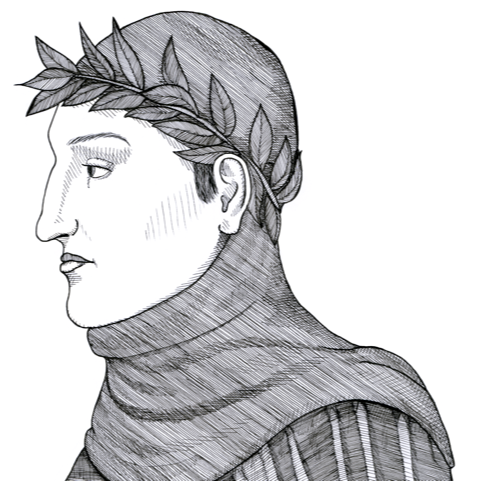
The 2nd Day of Christmas: Petrarch on the mercenary wars in Italy and the need for peace on earth (1344)
Found in: Some Love Songs
The Italian humanist poet Francesco Petrarca (1304-1374) was appalled at the use of mercenaries by the warring city states of Italy which ravaged his country in the 14th century. He urged his fellow Italians “from strife and slaughter cease” and instead “gather joy and peace on earth”:
War & Peace
Look! rulers proud! The hours are pressing on,
And life steals fast away.
Behold pale Death above your shoulders stand!
Tho’ now ye live, yet think of that last day
When the soul, naked, trembling, and alone
Shall come unto a dark and doubtful land;
O, ere ye press the strand,
Soften those furrowed brows of scorn and hate,
(Those blasts that rage against the spirit’s peace)
From strife and slaughter cease,
From hatching grievous ills, and consecrate
Your lives to a better fate,
To deeds of generous worth,
To gracious acts that cheer and bless mankind;
Thus will you gather joy and peace on earth
And heaven’s pathway opened wide will find.
Song, I admonish thee
Thou speak thy speech with gentle courtesy,
For thou among proud folk thy path must find.
Steeped is the human mind
In evil ways by old authority,
Truth’s constant enemy.
With the great-hearted few
Thy fortune try. ‘Who bids my terrors cease?’
I ask, ‘and which of you
Upholds my cry “Return! O heaven-born peace”?’